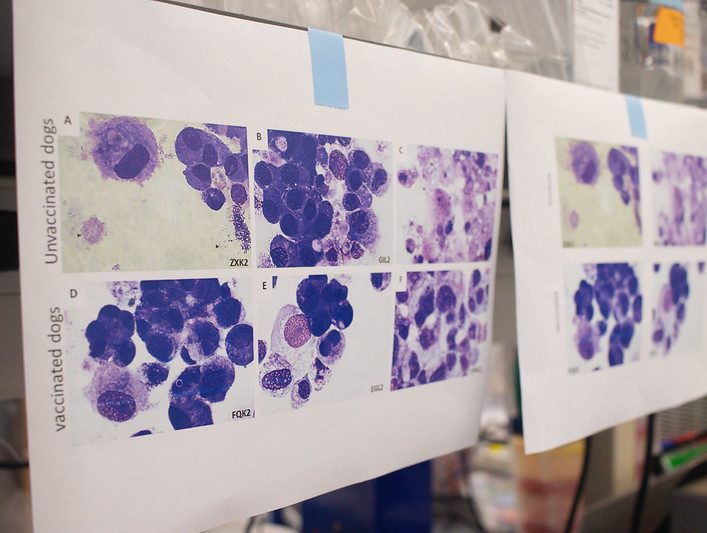Emphasis Areas
Bioinformatics & Computational Biology
Algorithmic models and data tools help gain biological insight. By integrating sources, we understand complex systems and propose new theories to understand phenomena.
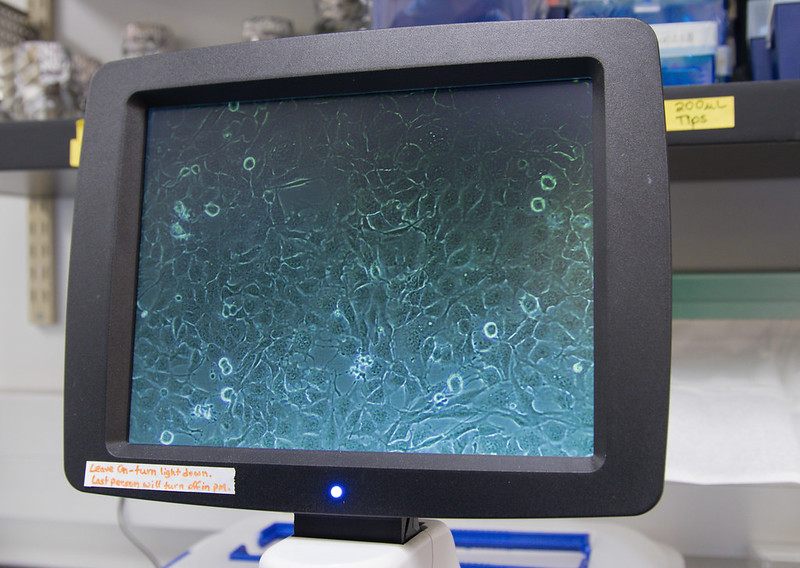
Genetics & Genomics
By studying and sequencing DNA of organisms, we can understand the traits they pass down, uncover how organisms function and find ways to prevent disease or respond to environmental stress.
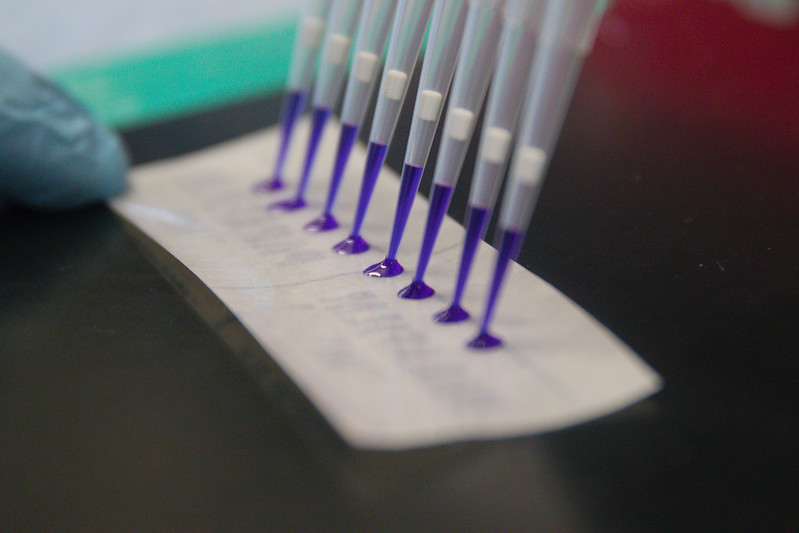
Immunology & Inflammation
Understanding how cells protect against harmful invaders and environments help us understand health and disease. Our researchers use these insights to defend against pests and find treatments for overactive immune systems.
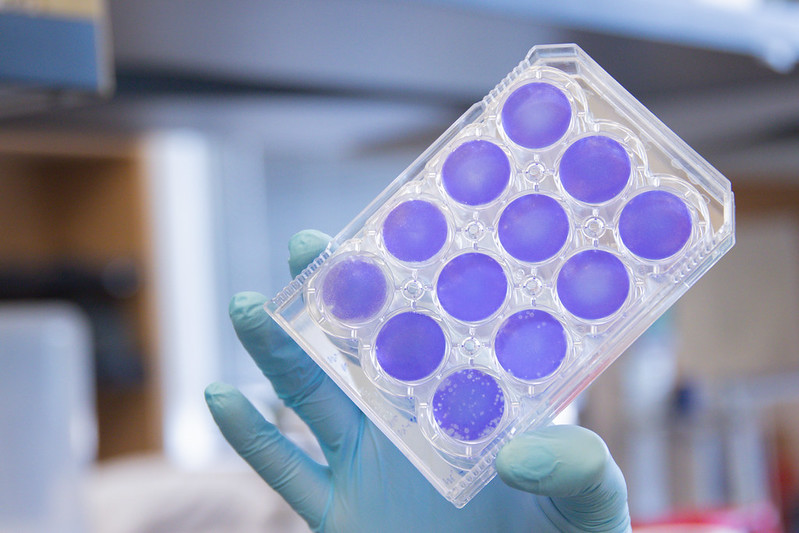
Metabolism & Biochemistry
These areas focus on the chemical processes and resulting products within organisms that sustain life. Studying these molecules and reactions can help us decipher how they occur and how to control them.
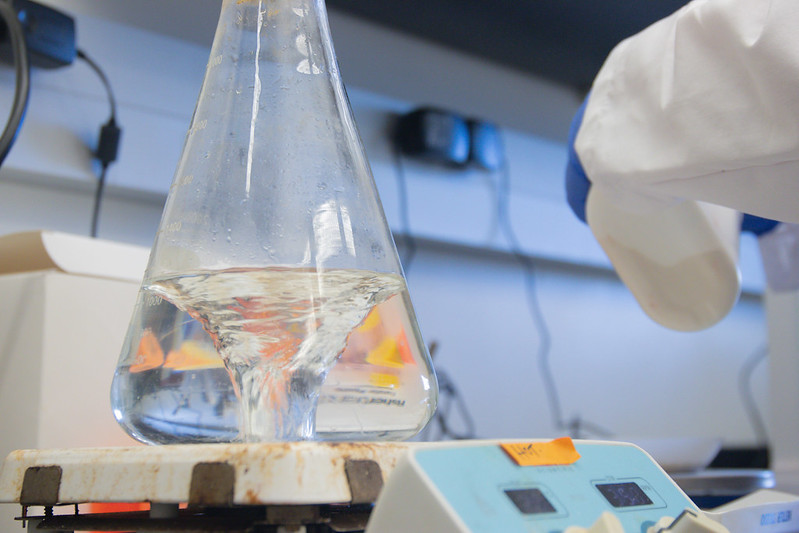
Neurological & Muscular Disorders
The connection between the brain, muscles and peripheral systems control sensing, cognitive ability and movement. Our scientists delve into the fundamental science on how these systems work.
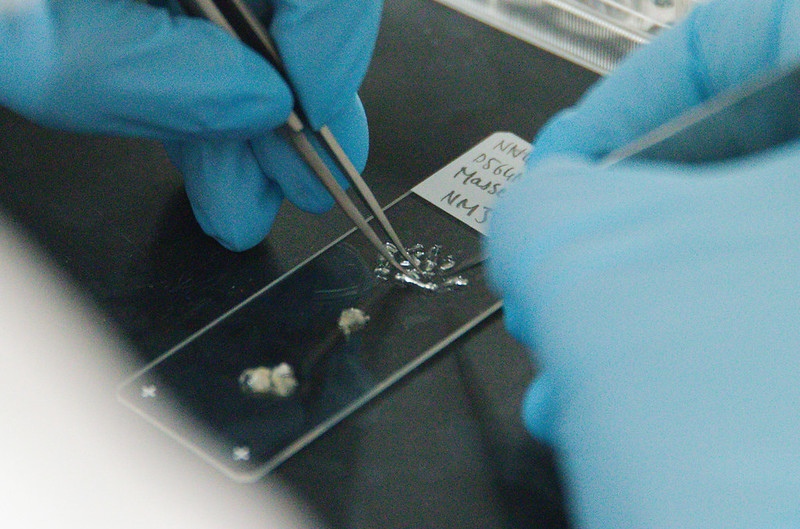
Plant Biology & Agriculture
From food to fuel, our scientists explore ways to improve plants and adapt them to our changing environment. Understanding underlying genetics and mechanisms help us to create better crops for our future.
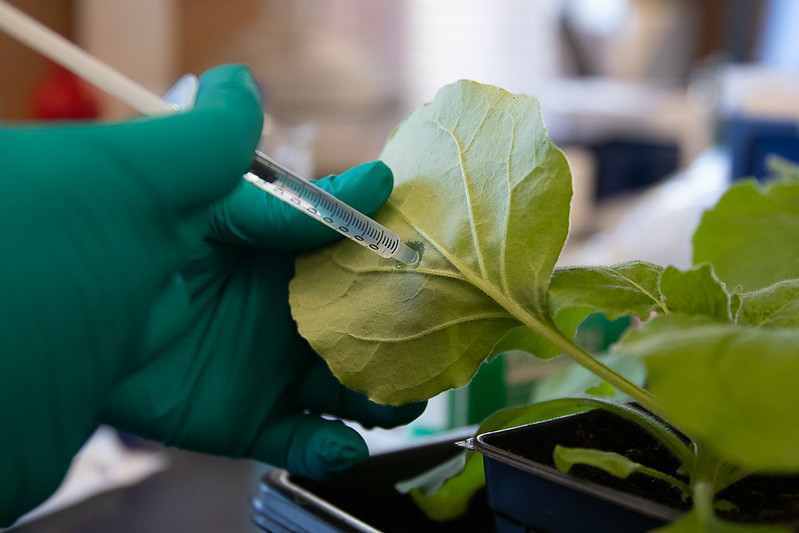
Therapeutics & Drug Development
Basic research is a key to future treatments for disease. Our researchers study underlying causes of disease and identify potential approaches to treatment from gene therapy to new uses for existing drugs.
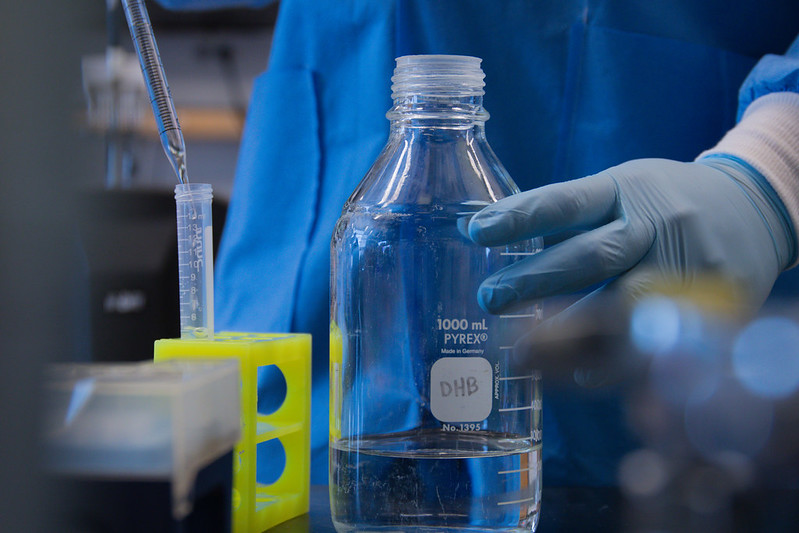
Virology & Pathogen Research
Understanding the interaction between pathogen and host lets scientists shine light on structure, spread and severity of disease-causing agents. By exploring these relationships, they can develop the underpinnings for better treatment and vaccine development.
